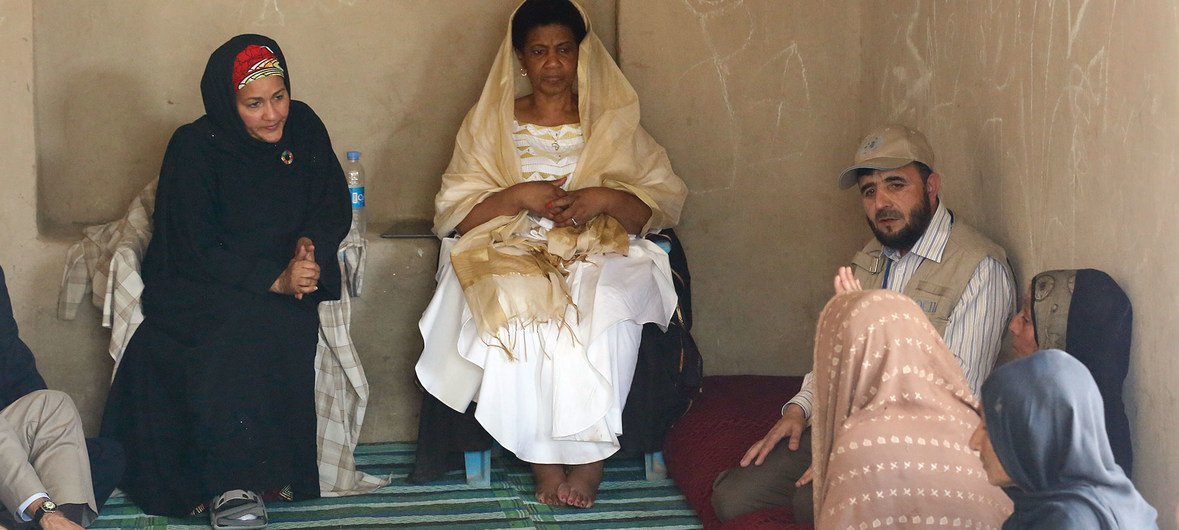
Theme: “Workers on the move: the quest for social justice”
Most migration today is linked directly or indirectly to the search for decent work opportunities. Even if employment is not the primary driver, it usually features in the migration process at some point.There are an estimated 258 million international migrants.
The ILO estimates that there are roughly 150 million migrant workers. Among migrant workers, 56 per cent are men and 44 per cent are women. Migrant workers account for 4.4 per cent of all workers, and have higher labour force participation rates than non-migrants globally (73 per cent and 64 per cent respectively).
The quest for social justice has been an historical journey for migrant workers who are often exposed to the risk of exploitation in countries of origin, transit and destination. The lack of social justice, in particular for low-wage migrant workers, includes the risk of being trapped into jobs with poor wages and working conditions, often in the informal economy; exposure to violations of labour and other human rights; dangerous workplace and health hazards; child labour; forced labour; debt bondage; trafficking in persons; and other decent work deficits. Exploitative recruitment practices, at the very start of the migration process, add to the challenge through exorbitant recruitment fees and other costs charged to migrant workers.
The mismatch of skills to the jobs available in destination countries; separation of families; and absence of social protection also contribute to the social and economic costs of migration. Despite of the challenges faced by migrant workers in the labour markets, there is strong evidence about their positive contribution to hosting countries and communities alike. According to recent estimates by the McKinsey Global Institute, migrants contributed 9.4 per cent of global GDP, a value of US$6.7 trillion in 2015.
Moreover, in 2017 migrants sent home nearly $600 billion in remittances. Well-governed labour migration contributes to balancing labour supply and demand, help develop and transfer skills at all skill levels, contribute to social protection systems, foster business innovation, and enrich communities both culturally and socially, all important aspects of decent work conditions as is also reflected in the Secretary General’s report, “Making Migration Work for All”.
Concept Note Special event to mark the observance of the World Social Justice Day, 20 February 2018, UN Headquarters, New York, Conference Room 8, 1:15-2:45 pm
 Welcome to the United Nations
Welcome to the United Nations